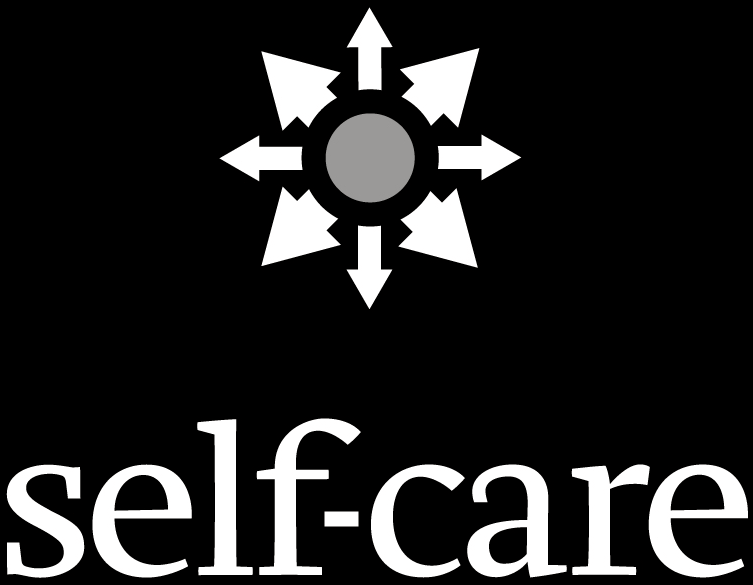Personal Development separates the high achievers from those that typically do only what is trained into them. Formal and professional training impart knowledge but not understanding, and for entrepreneurs and social pioneers, uncertainty and a lack of guidance necessitate seeking further than what is ordinarily taught. The challenge to personal development is recognizing what are the most important areas of focus for improvement at any point in time, not knowing what is unknown. What follows from the discipline of tracking and following yourself is a reflection of what is most important and why it is so.
Time management for instance, identifies those types of activities and patterns where personal productivity may not be optimal. In this case, additional information, knowledge or practice may be required. Specialized knowledge can then be applied to certain areas to achieve specific aims. In using the SELF-CARE framework for isolating the specific individuals and topics that draw away energy, motivation or cause negative experiences, we learn to recognize self-limiting beliefs, attitudes or behaviors that need to be changed. In both cases, the SELF-CARE approach is diagnostic for problem solving.
Personal development that I have personally read over the last 30+ years, going back to the original content from Napoleon Hill and Dale Carnegie, provide an excellent foundation in terms of mindset and attitudes with guidance on the attributes and behaviors of successful people. Using this type of material as it is presented is an “outside in” approach. This means that one learns and then uses a method of self-conditioning to change personality and become like a version of themself that practices automatically what is taught. This approach can work if a person is truly converted by the ideas and transformed.
The problem I have found with the “outside in” approach is in the harder, longer path required to make it work. Besides this, what is prescribed often conflicts with my natural inclination. For instance, as an introvert, there are some advantages to connecting with people and being extroverted, but to fully embrace a different personality creates internal stress. When I have consulted mentors that knew me and had a way to relate to my struggles, they would relate first in terms of my personality, strengths and apparent limitations to build me up. In a similar way, this is the inside approach of SELF-CARE.
To observe and record the actual events of life by way of a journal and to pursue personal development to solve challenges pulls you into a Leadership mode of thinking and looking at your limitations from an objective standpoint. The way to resolve issues once there is clarity opens up different options as to how best to acquire the knowledge and alternative solutions. More importantly, the SELF-CARE approach works with the personality and strengths in place. Using this approach enables a person to grow stronger over time by keeping your identity and way of approaching you larger lifes goals consistent.
To use SELF-CARE, consider the patterns in life that seem to repeat themselves. These could be related to the general categories of relationship, health, finances or psychological addictions. When you consider the nature of the solutions that are offered, these are primarily outside in approaches to address the symptoms of the issues. The underlying reasons for the undesirable patterns are instead, emotional and grounded in fears and self-limiting beliefs leading to decisions that do not support a positive experience and quality of life. Assess the underlying reasons and replace the negative emotions with effort. Taking action this structured way will provide the why, the how and the outcome desired from within your reward centers and break the patterns.
See the section on SELF-CARE Defined on this website for detailed instructions to follow towards this exercise. Practice this regularly for maintenance.
